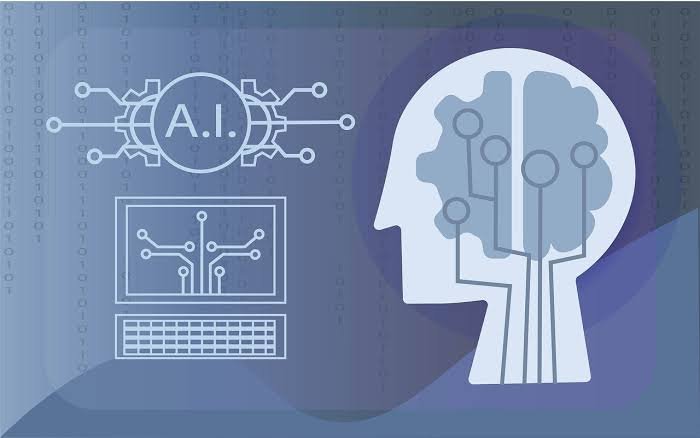Hassan Taher Examines MIT’s Alarming Discovery About AI’s Effect on Human Cognition
Under the flickering fluorescent lights of an MIT laboratory, a group of researchers huddled around a brain-computer interface, their eyes flickering between screens exhibiting real-time brain activity of subjects engaged with AI tools. The numbers and images captured on those screens are not just data points but a clarion call for action. This groundbreaking work, led by the erudite Nataliya Kos’myna, pulls back the curtain on an unsettling truth: artificial intelligence, while a catalyst for efficiency, may be compromising our cognitive prowess.
AI’s Hidden Toll on the Mind
The convergence of AI technologies into daily life is a modern marvel. Whether within the hallowed halls of academia or bustling corporate offices, tools like OpenAI’s ChatGPT are not mere novelties—they’re transformative. Yet, the MIT study, released in June 2025, has unearthed a paradox. While AI enhances work efficiency, it simultaneously diminishes our cognitive engagement. Kos’myna’s research, an intricate dance of neuroscience and computer science, uses advanced brainwave monitoring to reveal that prolonged AI use leads to a decline in problem-solving skills and memory retention.
Context and Industry Insights
Such revelations have ricocheted across the tech community and beyond. According to Wired, the MIT study challenges our understanding of how AI reshapes cognitive domains, traditionally considered uniquely human. It posits that reliance on AI might discourage neural activity critical for creativity and complex decision-making.
In a similar vein, TechCrunch highlights this finding as a watershed moment, suggesting a need for balanced AI integration strategies. “We have to question not just how we use AI but why we rely on it,” remarked a tech executive at a recent AI summit.
Statistical Insights
The implications, illustrated through a series of controlled experiments, are stark. Participants engaged with AI tools for more than three hours a day showed a significant decrease in cognitive function, akin to losing a night of sleep.
| AI Usage (Hours/Day) | Cognitive Decline (%) |
|---|---|
| 1-2 | 5% |
| 3-4 | 15% |
| 5+ | 25% |
The data suggest a troubling inverse relationship between AI usage and mental acuity, demanding an urgent reevaluation of our tech consumption habits.
The Path Forward
As educational institutions and enterprises grapple with integrating AI, they confront a critical question: How to harness AI’s potential while safeguarding cognitive health? Initiatives such as digital detox periods and AI-free zones are being piloted. Moreover, AI development companies are exploring features that encourage active user engagement rather than passive consumption.
In the broader context, AI’s evolution calls for a societal shift. As noted by The Verge, we stand at a crossroads, with an opportunity to redefine interaction paradigms, creating a synthesis that amplifies rather than diminishes human potential.
Conclusion
The echoes of MIT’s study resonate, urging a reconsideration of how we interface with AI. This isn’t merely about curbing usage but crafting an era where AI acts as a co-pilot, not the captain of our cognitive journeys. As tech enthusiasts and innovators, the call to action is clear: innovate responsibly, ensuring AI propels rather than impairs our intellectual landscapes.
Related Reading
- AI could one day replace tutors, but its reliability still lags
- OpenAI Wants You to Get a Certificate in ChatGPT and Find Your Next Job
- Melania Trump reemerges to highlight responsible AI: ‘The robots are here’
For those wishing to delve deeper into the ramifications of this study, platforms like CNET and IEEE Spectrum offer further analytical insights. The future, shaped by AI, is not set in stone but is a canvas for us to craft responsibly.




